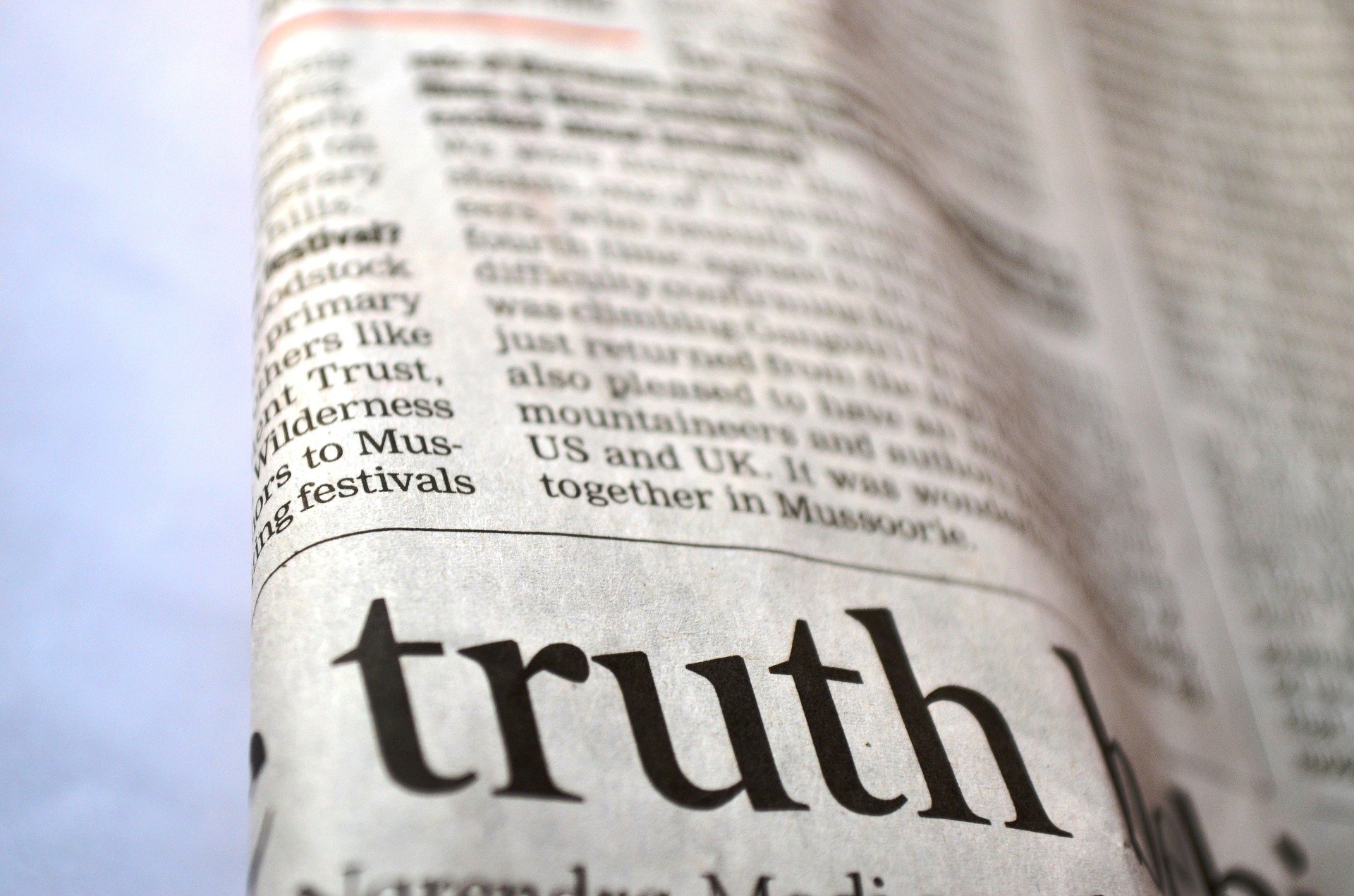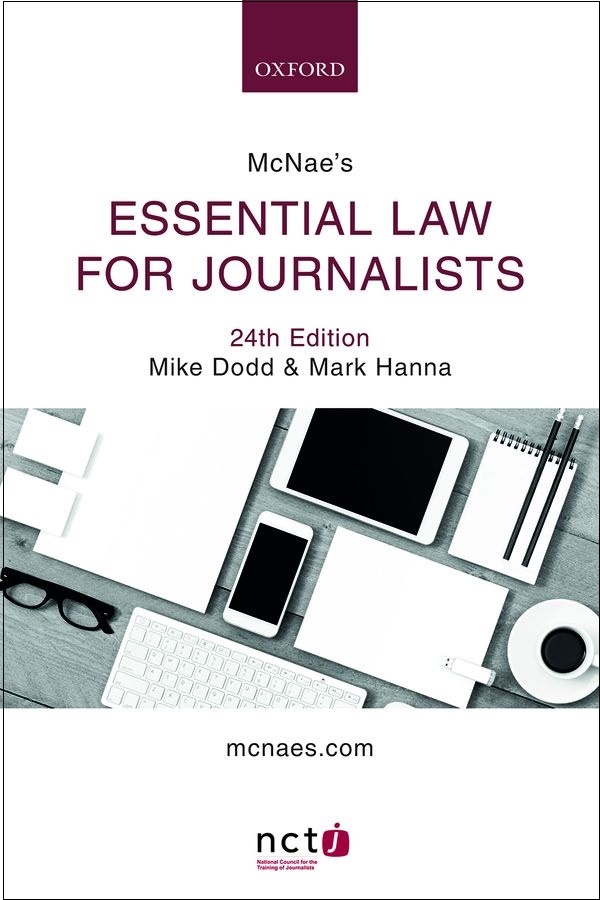What you need to know about UK defamation law
Whether you are writing non-fiction or fiction, all authors should be aware of defamation law.
Defamation in the UK is the publication of a false statement that has caused, or is likely to cause, serious harm to a person’s reputation. Defamation can be a libel or a slander.
Defamation law can be difficult to navigate, but here are the essentials every writer should know in order to try and avoid what could be a very costly mistake.
Libel vs Slander

Libel applies to written material, including newspapers, books, magazines and websites
Firstly let’s distinguish the difference between libel and slander.
Libel applies to permanent written material, including newspapers, magazines, novels and any material published online. This includes social media.
Slander covers spoken defamation and is generally harder to prove.
Reputational damage
So what does it mean to cause serious damage to a person’s reputation?
Defamatory statements are those which tend to expose a person to ‘hatred, ridicule or contempt’, cause them to be ‘shunned or avoided’ or lowered in the estimation of ‘right-thinking members of society’.
For a business, a statement is judged defamatory if it could affect sales or profit.
In April 2018, financial journalist Martin Lewis launched defamation proceedings against Facebook over claims it published scam adverts bearing his name which were designed to con people out of money.
Mr Lewis is the founder of Money Saving Expert and was at the forefront of a campaign encouraging people to reclaim unfair bank charges.
Therefore the implication that he endorsed online ‘get rich quick’ scams would have caused serious damage to his reputation as a trustworthy consumer champion.
Mr Lewis later dropped his case after Facebook agreed to make a hefty donation to charity and introduce a new tool to enable users to report scam adverts.
If a claimant does win a libel case, their reputation can affect the number of damages awarded.
In 2002, following a protracted legal battle with The Sun, former Liverpool and Southampton footballer Bruce Grobbelaar was awarded just £1 in damages following the publication’s claim he had taken bribes to fix match results.
The House of Lords said that although it had been proved that Mr Grobbelaar had accepted bribes, The Sun had failed to show that he had deliberately let in goals during matches.
Lord Bingham of Cornhill, the senior law lord, said that by his own conduct, Grobbelaar had ‘destroyed the value of his own reputation’, entitling him to only nominal damages.
It is also worth noting that under current UK law, you cannot libel the dead as they do not have reputations to protect.
Defence
There are several defences available to a defendant in a libel action.
Truth
The most straightforward defence is to provide evidence that the statement was true. If a libel case comes to court, the burden of proof is always on the defendant, not the claimant.

Beware of making untrue statements in reviews
Honest opinion
The defendant will have to prove that the statement was an honestly held opinion and there is an apparent basis to that opinion. This covers opinion pieces and reviews. But you still have to be careful when writing reviews that you do not include malicious or untrue statements.
Absolute privilege
Absolute privilege allows for complete freedom of speech with no fear of being sued for defamation, and is applied to certain, special situations no matter how malicious or false the information is.
All proceedings in parliament and courts in England and Wales are covered by absolute privilege. However if you ever find yourself covering a court case, it is highly recommended you undergo some sort of media training or seek professional advice as it can be a legal minefield.
Public interest
The defendant must be able to demonstrate that their comments were made regarding a matter which is of public interest, and that they reasonably believed that publishing the statement was in the public interest.
Innocent dissemination
This defence applies to someone who innocently publishes a defamatory statement of another if they did not know and had no reason to believe that the statement contained defamatory material. It is a defence generally only open to those who are peripherally associated with the publication of the libellous material. Authors, editors and commercial publishers cannot use this defence.
Social media
Social media is not exempt from defamation law and anyone who makes a libellous statement can still find themselves in court. Ignorance of the law is no excuse.

Libel law applies to all social media
Social media users are becoming more aware of the risks of defamation, thanks in a part to some high-profile cases. Former reality TV contestant Katie Hopkins found herself facing a legal bill of £130,000 after she falsely claimed on Twitter that food writer and activist Jack Monroe supported vandalism of a war memorial.
And having someone acting on your behalf on social media does not make you immune from a defamation claim.
In 2018 a Rotherham businessman won £40,000 damages from a former UKIP official over a tweet that falsely accused him of child grooming.
The offending tweet had been written and posted on Bristol UKIP’s account by John Langley – the branch’s vice chairman at the time.
But the case was brought against then branch chairman Steve Wood, with Mr Justice Nicklin finding that Mr Langley was “quite clearly acting as the agent of Mr Wood”, who stood in the May 2015 general election.
And beware of retweeting as you may also be liable for repeating someone else’s defamation.
Defamation in fiction
Defamation in fiction is much rarer, but it is still a risk and writers should exercise caution.
If you model a villain in your story after a real person, it is advisable to change as many identifying details as possible: name, address, sex, occupation, physical attributes etc. In both fiction and non-fiction a person can still bring a case for libel if they can be easily identified, even if they are not named.
And remember that businesses and organisations can be defamed too. Take care that you don’t imply in your fiction that a real entity has engaged in dubious behaviour.
As with non-fiction, you cannot libel the dead.
To conclude
In a nutshell, never make claims that you cannot prove. If a libel claim is brought to court, the burden of proof is on the defendant.
If you are unsure or have any queries, it is always best to seek legal advice.
Further reading
For further reading, see McNae’s Essential Law for Journalists. Defamation is covered extensively and this book will help you to ensure your writing is legally  safe. As the law is changing all the time, make sure you get the most up-to-date edition available.
safe. As the law is changing all the time, make sure you get the most up-to-date edition available.
—






Leave A Comment